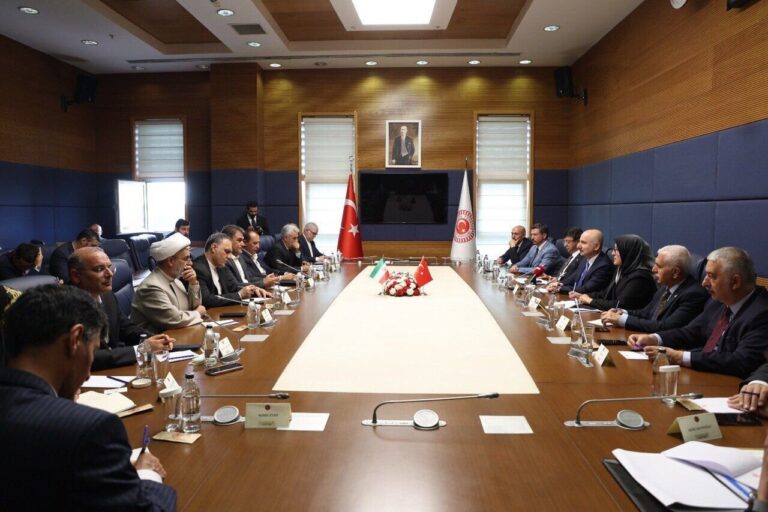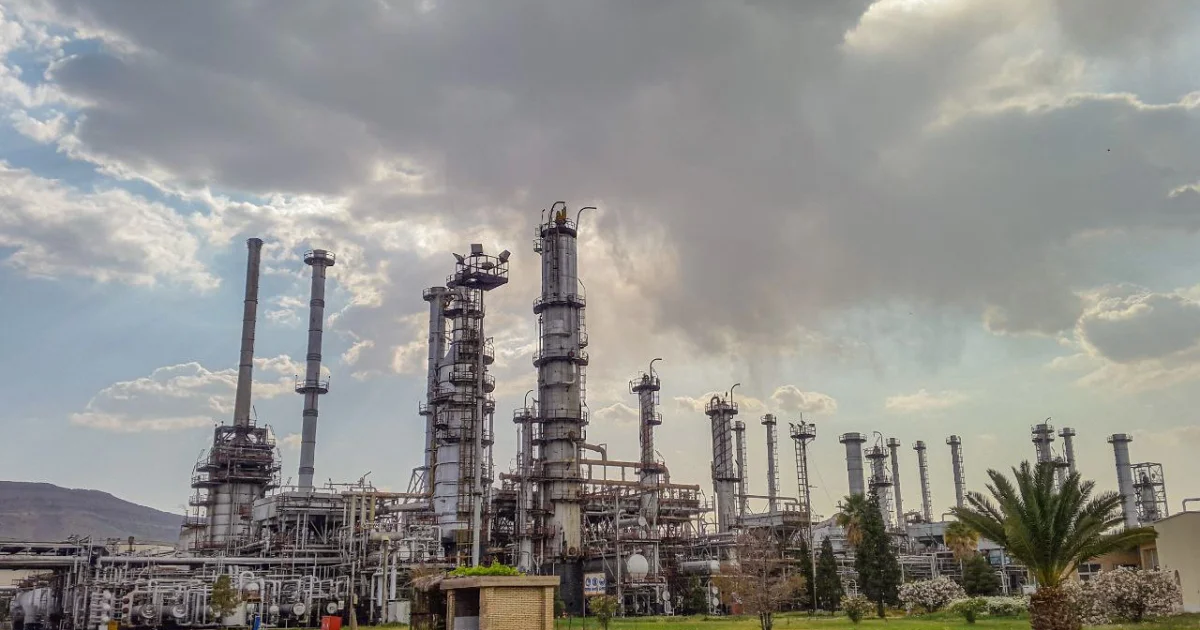
Similar Posts
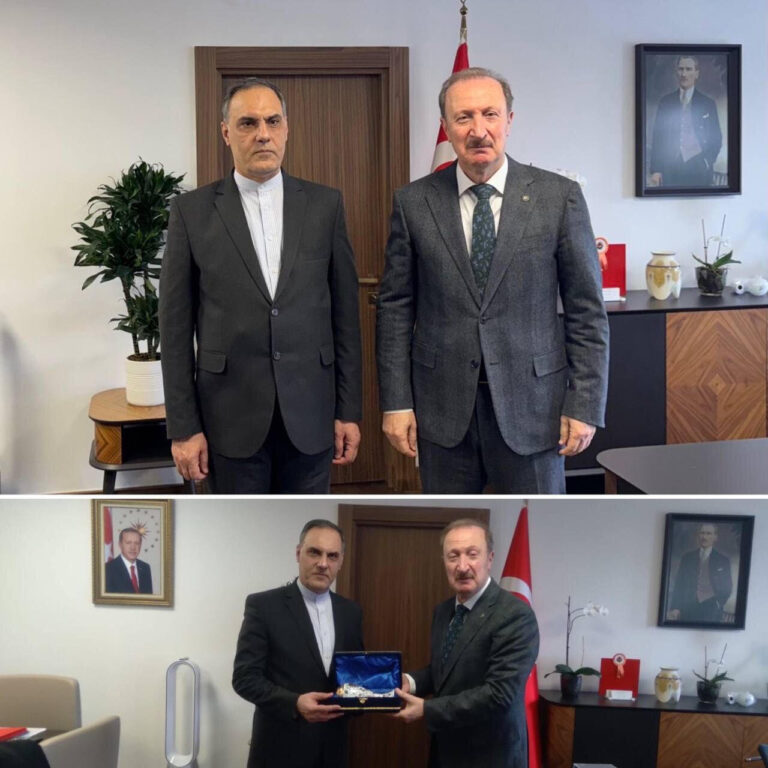
Iran and Turkey Boost Transport and Transit Cooperation: A New Era of Connectivity
In a meeting between Iranian Ambassador Mohammad-Hassan Habibzadeh and Turkish Deputy Minister Enver Iskurt, Iran and Turkey discussed enhancing cooperation in transportation and transit sectors. Key topics included improving rail connectivity, road infrastructure, air travel, and maritime shipping. A major concern was the recent challenges at Iran-Turkey border crossings, exacerbated by Turkey’s decision to revoke fuel tax exemptions for Iranian trucks, imposing high tax rates. This policy change raises concerns about trade dynamics and financial burdens on Iranian drivers. Both nations emphasized the need for ongoing dialogue, infrastructure investment, and mutually beneficial policies to strengthen bilateral relations and regional stability.
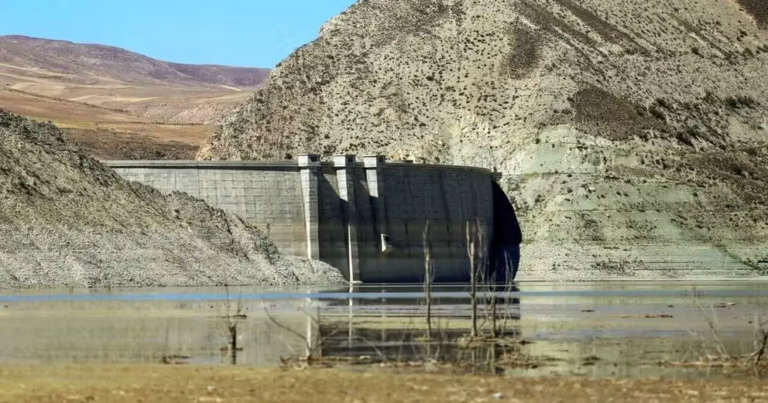
Iran Faces Looming Crisis as Water Reserves Dwindle: Urgent Measures Needed!
Iran is facing a severe water crisis, with key reservoirs, including the Karaj Dam, nearing critical low levels due to years of declining rainfall and excessive reliance on hydropower. As of now, Karaj’s usable capacity has dropped to about 50%, while other dams like Lar and Mamloo are nearly empty. Tehran’s water demand has reached 50 million cubic meters monthly, with total reserves at only 60 million. The situation is further aggravated by a 50% rainfall decline in several provinces. Experts warn that Iran’s heavy dependence on hydropower, coupled with ongoing drought, could lead to even more severe shortages by 2025.
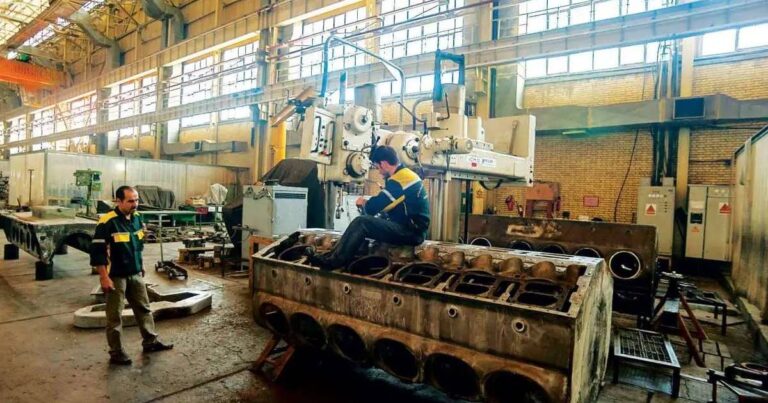
Iran Faces Unprecedented Energy Crisis: Industrial Sectors Shaken by Severe Shortages
Power cuts in Iran have reached unprecedented levels, impacting critical industries and threatening jobs. The steel sector is losing about $4 billion annually due to these outages, which can last up to 14 hours daily. The energy crisis, exacerbated by low winter temperatures and increased gas consumption, has led to severe fuel shortages. Industrial units are mandated to drastically reduce electricity use, risking unemployment for many workers. The ongoing situation has damaged machinery and products, with rising strikes over low wages. Experts highlight illegal Bitcoin mining by state entities as a contributing factor to the energy crisis, emphasizing the urgent need for sustainable solutions.

Navigating Turbulence: How Trump’s Policies Impact Economic Shocks and Geopolitical Risks
The U.S. government’s recent tariff policies have led to significant economic repercussions, affecting various sectors and international relations. Key losses include $32 billion in electronics, $21 billion in automobiles, and $18 billion in consumer goods. Major banks reported $42 billion in losses, while container traffic dropped by 15%. U.S. companies are reevaluating strategies, with only 12% planning to relocate operations back home. Geopolitically, tensions rise as Iran strengthens its military, and new alliances form among Russia, Iran, and China. Domestic challenges include rising inflation at 8.7% and a downgraded credit rating, indicating potential recession and geopolitical isolation for the U.S.
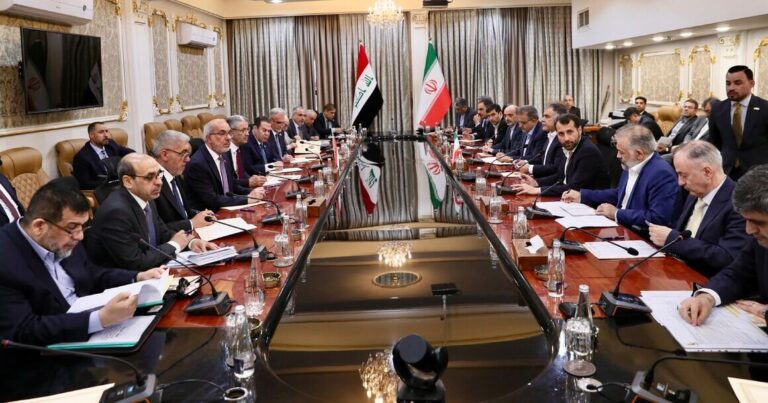
Tehran and Baghdad Forge New Partnership: MoUs Signed to Boost Oil Cooperation
Iraq’s Deputy Prime Minister for Energy Affairs Hayan Abdul-Ghani Al-Sawad met with Iranian Oil Minister Mohsen Paknejad in Baghdad to enhance bilateral energy cooperation. Their discussions led to the signing of several Memoranda of Understanding (MoUs) focused on collaboration in the oil and gas sectors, aiming to exchange expertise and promote joint projects. Both ministers emphasized ongoing collaboration, infrastructure development, and improving market access to bolster energy security. Paknejad’s visit highlighted the deep cultural ties between the nations, with a commitment to strengthen relations in the evolving energy landscape, benefiting both economies significantly.
